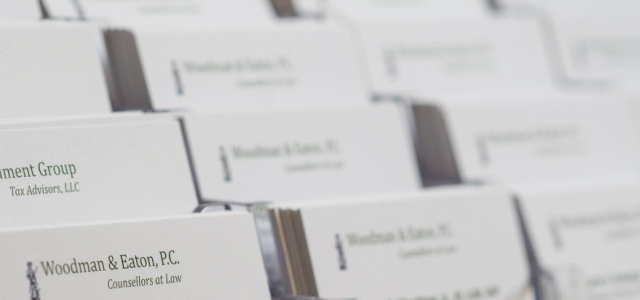Can you relate to any of the following? “I should have bought that stock before the company went public!” “What a shame — I wish I had invested in that new tech before it went mainstream!” What’s the next “unicorn” that will make a fortune?” It’s common to feel this way. Many of us experience “fear of missing out” — or FOMO — in our financial lives. 1 When we do, it can cloud our...
As a long-term investor, you’re always thinking about what factors drive your investment returns. Unfortunately, many investors focus on things that cause short-term changes and actually have no impact on long-term market returns. It’s not their fault – these myths are so commonly believed that many so-called “savvy investors” would preach to you of their importance. To help you make informed investment decisions, let’s look at three investment factors that, contrary to popular belief, don’t...
Fear and FOMO may seem like opposites. But taken to extremes, either can wreak similar havoc on an investor. Which is why, as we enter the second half of another exciting year, now seems like an excellent time to review the lessons history offers us on investing long-term and remind you why we build your portfolios as we do.
Lee McGowan, CFA, CFP® recently discussed Trusts with Deborah Yao of Kiplinger.
A staggering number of people haven’t yet started an estate plan. It’s a critical oversight that can have far-reaching implications, but this isn’t the only pitfall that can disrupt your planning efforts. Here’s a breakdown of 4 estate planning missteps and how to fix them.
A power of attorney (POA) can grant you certain authority and specific responsibilities. While the extent and limitations of POAs can vary based on many factors, stepping into the role of power of attorney can be unlike anything else. That’s because it puts you in the driver’s seat to make key decisions and oversee vital needs for someone else.
If charity is part of your legacy plan, the best time to start giving back could be right now. Spending on other people is one of the most rewarding ways we can use our money. And seeing your generosity in action might give you some ideas on how to improve your legacy planning and Return on Life for your beneficiaries. Here are three ways you can kickstart your legacy plan and take a more active role in your long-term charitable goals.
Successful companies find a way to keep their Managers and Makers working together towards the company's major goals. Let's unpack the Manager and Maker mindsets and think about how each can help seniors improve Return on Life as they transition into retirement.
How many years will your retirement last? What are the chances you’ll live past 90? Most of us answer those questions wrong because we don’t have strong longevity literacy. That means that about 81% of us aren’t working with a viable understanding of our own life expectancy. Let’s explore how understanding longevity could create a positive impact in your retirement planning. What is longevity literacy?
With healthcare costs often resembling an unpredictable market, and long-term care expenses looming, the post-work years require careful financial planning. This blog post advocates for partnering with a financial professional to navigate these challenges, offering tailored guidance on Medicare, long-term care funding, and retirement law changes. By preparing strategically, retirees can confidently set sail into their golden years, free from the turbulence of unforeseen financial burdens.
If your a retiree, your personal and professional connections are likely going through some major changes as you transition away from full-time work. And there are lots of blank spaces on your calendar where responsibilities used to be. Filling those blocks with intentional learning opportunities can be one of the most powerful investments you can make in your retirement and your Return on Life.
Many retirees organize their new schedules around their hobbies and interests. Rather than squeezing all your practice and learning into off hours and weekends, you can now invest more of your time into the activities that will make this new stage of your life more fulfilling. Here are some examples of the synergies retirees can create between what they love to do and what their community needs.













